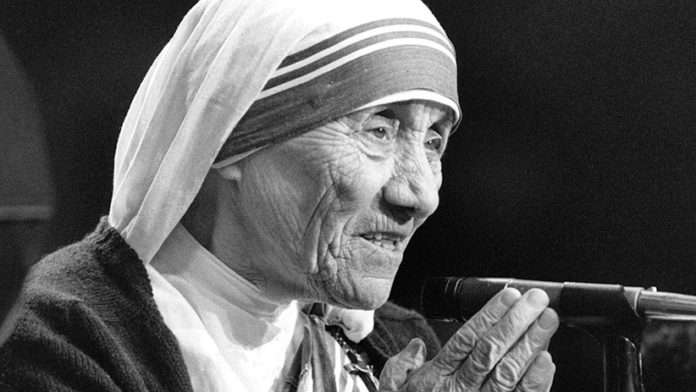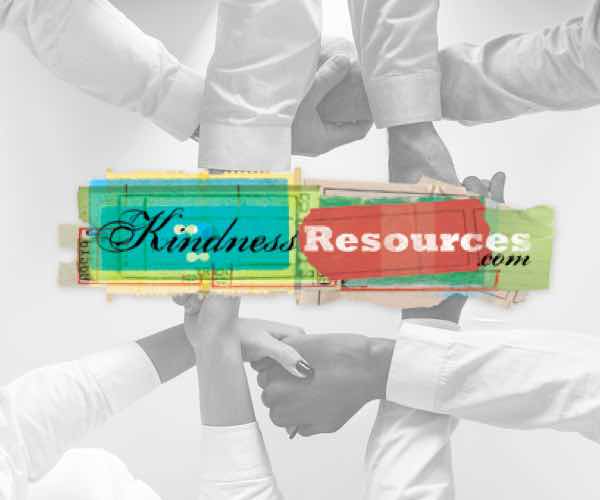Being kind can have an impact on your psychological and physical health.
Mother Teresa once said, “We cannot do great things on this earth, only small things with great love.”
Small acts of kindness resonate in all our lives. For example,
- Letting someone cut in front of you in a traffic jam.
- Stopping to talk with an elderly neighbor, even though you are in a rush.
- Lending a helping hand to a co-worker who’s behind on their project, even though this means that you will have to stay late at work.
- Giving a gift certificate for a dinner out to a couple who you know are facing hard times.
Kindness means a behavioral response of compassion and actions that are selfless; or a mindset that places compassion for others before one’s own interests. In performing the selfless act, a person may undercut their own selfish interests.
The Value of Kindness
Kindness is a value that is often disregarded. Why is kindness so undervalued? In part, it’s because kind people may be viewed as “enablers” by some, or worse, as “suckers” by the cynical. Thus, the cynic’s view that one is a “sucker” if one behaves in a kind manner toward others, reflects a belief system that success is only achieved through stepping on or ignoring others. Yet, the cynic’s behavior rarely results in true happiness—that sense of feeling loved, that one’s true destiny and purpose are fulfilled, and that what one is doing matters in the most profound sense.
In fact, kindness is linked inextricably to happiness and contentment—at both the psychological and spiritual level. Over a decade ago, in a study of Japanese undergraduates, researchers, Otake, and colleagues, found that happy people were kinder than people who were not happy. Their study also revealed and that one’s sense of happiness increased by the simple act of counting the number of one’s acts of kindness. Counting one’s acts of kindness also led happy people to become more kind and grateful.
Why do random acts of kindness increase a person’s sense of happiness?
Because kindness can promote gratitude. You are kind to others in need; having that awareness then heightens the sense of your own good fortune. Kindness promotes empathy and compassion; which in turn, leads to a sense of interconnectedness with others. Kindness can forward the will to live in depressed individuals who feel isolated and different; that is why performing volunteer work is so powerful. When you feel connected with others, you lessen alienation and you enhance the sense that we are more similar than dissimilar in our experiences. Feeling connected melds us together rather than divide us. Kindness is potent in strengthening a sense of community and belonging.
Researcher, Barbara Fredrickson, had an interesting viewpoint—that kindness, specifically loving kindness, moved one out of the selfish realm. Stated differently, it took one off the hedonic treadmill. Compassion and kindness also reduce stress, boost our immune systems, and help reduce negative emotions such as anger, anxiety, and depression.
When we practice random acts of kindness:
- It releases an energy. We feel better and the recipients of our acts feel better, which then makes them more likely to be kind to other people.
- It can release neurochemicals that result in a sense of well-being–the “helper’s high”–as Allan Luks and Peggy Payne describe the healing power of doing good. In fact, the neural circuits that are involved in chemical “highs” are the same ones activated by kindness and compassion.
- It can reduce pain. Dopamine, serotonin, and endogenous opioids are released by kind behavior.
- It enhances the release of oxytocin in interactions where two or more people are engaged in kindness behavior. In turn, bonds between those who are kind to one another are strengthened.
- It enhances both physical and mental health. Many physical ailments are either precipitated by or aggravated by stress. Kindness reduces stress.
Kindness is a habit of giving—of wanting to lift burdens from others or to merely provide a helping hand or a shoulder to cry on. It humanizes us; it lifts us spiritually. And, it is good for us.
Interestingly, the simple witnessing of others being kind can release the same “feel good” chemicals that doing an act of kindness can produce. However, one can yield a greater benefit by being the performer of acts of kindness. Look for opportunities to be kind and count your acts of kindness. You will experience the rewards almost immediately. One act of small kindness can release an enormous chain of positive events. The miracle of kindness is that it is contagious and something we should all want to pass on and spread to many others.















